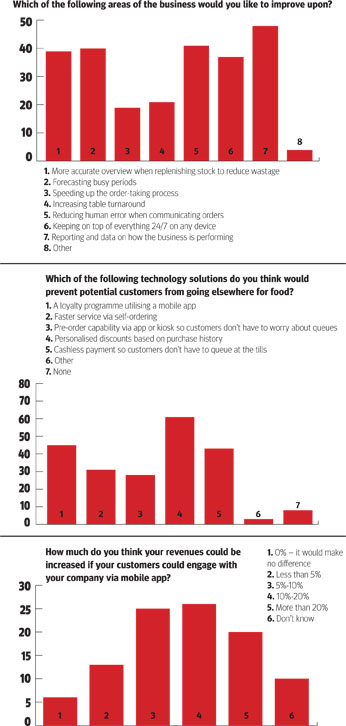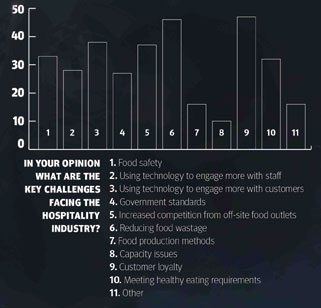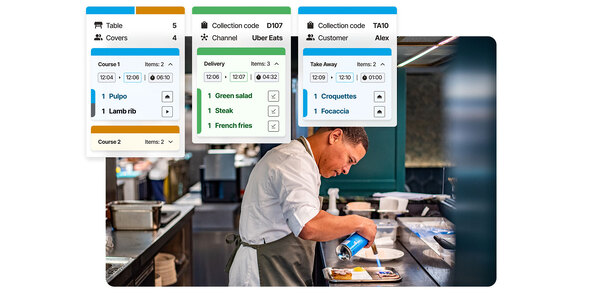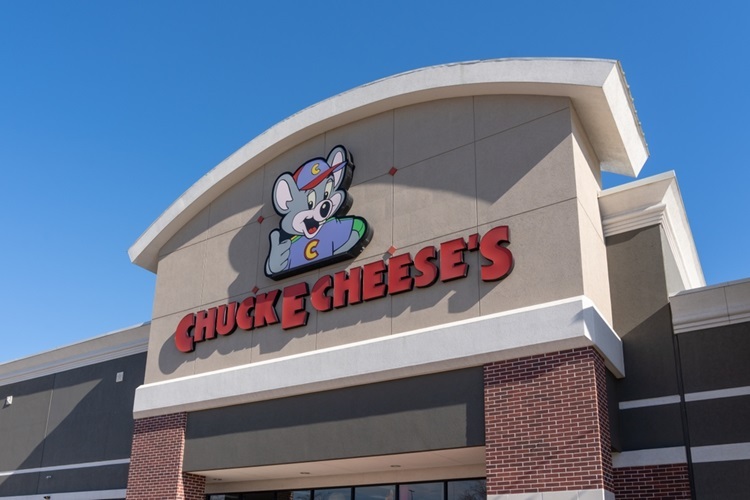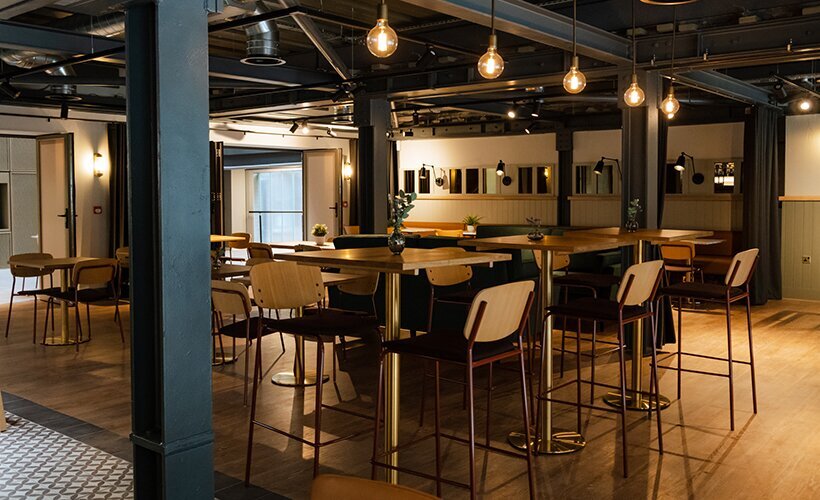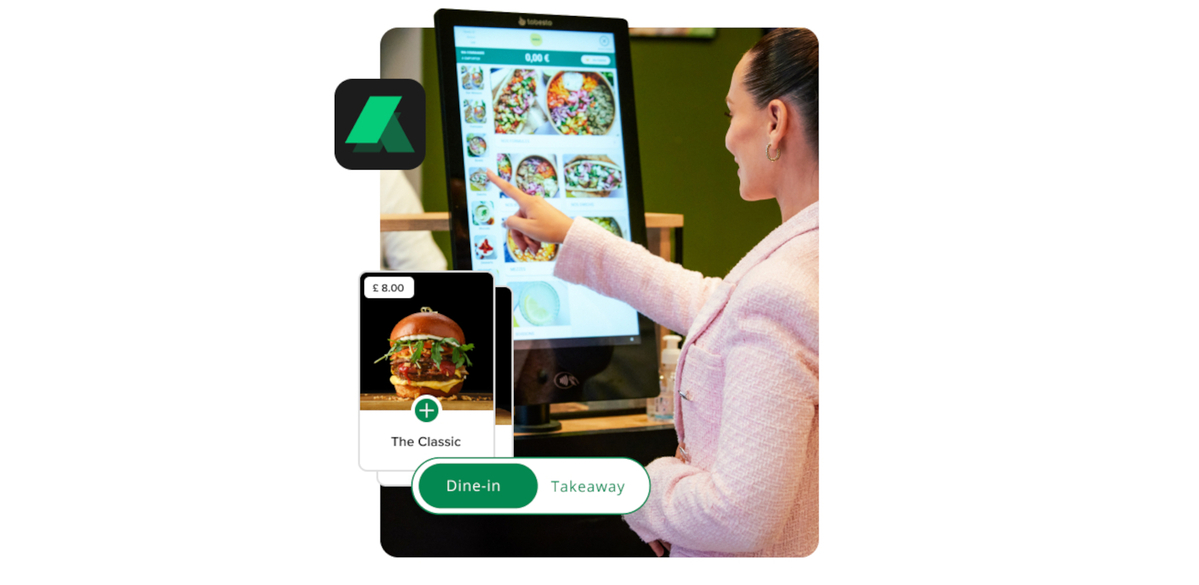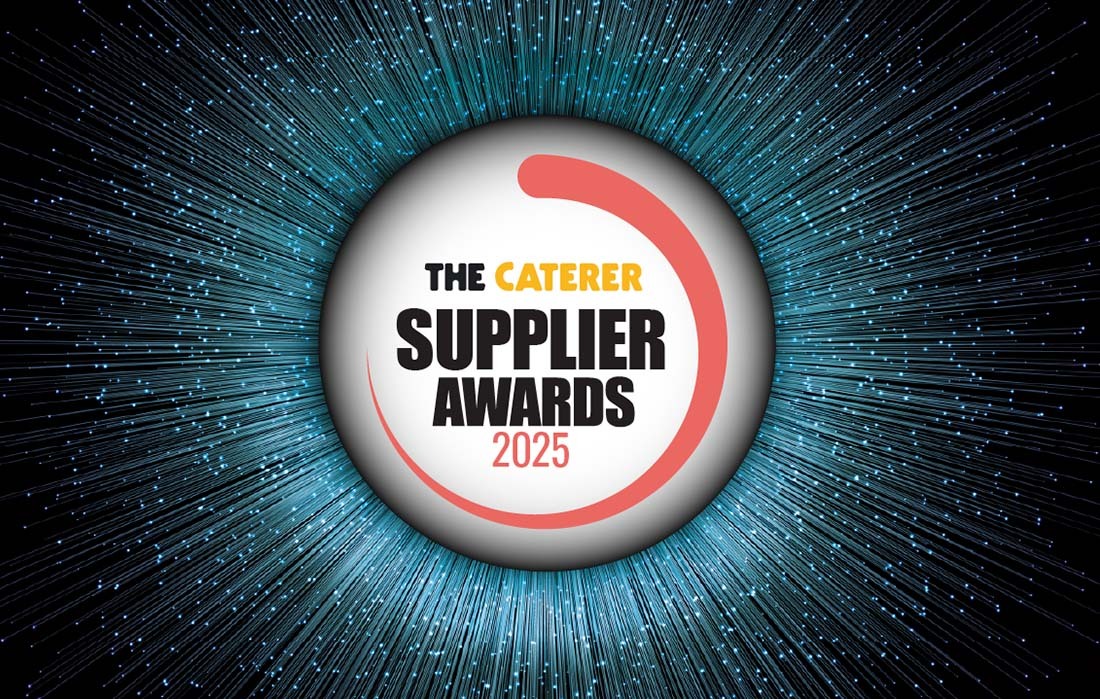The loyal treatment: how technology can harness customer loyalty
Customer loyalty is the greatest challenge facing hospitality operators, according to The Caterer's research in partnership with EPoS provider Lightspeed. Elly Earls finds out how to harness technology to address it
Research carried out by The Caterer and EPoS provider Lightspeed has found that almost half of hospitality businesses cite customer loyalty as the hospitality industry's biggest challenge, closely followed by food waste, with personalised discounts and loyalty programmes deemed the most popular ways to prevent customers going elsewhere.
Operators looking to revamp their ordertaking process said tableside ordering with mobile devices and integrated kitchen management solutions were the most appealing technologies currently available. They are also keen to improve the way they report on how their businesses are performing.
For Lightspeed product specialists Rosalie Van Beveren and Ramiro De Anda, the
most surprising finding to come out of the research, which surveyed more than 200 hospitality businesses, was how much operators are struggling with customer loyalty.
"It's not a question that comes up often when we speak to customers," Van Beveren says. "But it's certainly made me think I should ask the question more during product demonstrations instead of expecting customers to ask me."
Some 47% of respondents said customer loyalty was the industry's most important challenge, with 61% convinced that personalised discounts would keep customers coming back and 45% that a loyalty programme is the way forward. Almost a third (31%) of operators plan to implement customer loyalty technology in the next year to improve their service.
Make a change
There are a couple of key ways F&B operators and hotels can harness technology to promote customer loyalty. The first is to choose an EPoS provider with open APIs, so the system can easily integrate with specialist loyalty software.
Alternatively, customer profiles can be created directly within the EPoS system. âThis means that when youâre a regular in the restaurant and the staff know that you always order, say, a particular bottle of wine, they can attach it to your profile,â De Anda explains. âThen, even if thereâs a new member of staff that doesnât know the guest, they can ask if they want their regular bottle of wine. It helps staff upsell and build relationships with customers.â
While technology is unquestionably the way the industry is headed when it comes to loyalty, Van Beveren is also keen to stress that itâs important to keep
customersâ options open, particularly outside London.
âYou have to understand the demographics of where you are,â she says. âIf youâre a coffee shop in Shoreditch, itâs probably going to be relevant to go digital, but if youâre a small restaurant in the Cotswolds, it might also be interesting to offer a paper punch card. Weâre still in the transition period of adapting to technology and itâs important to be flexible.â
Tackling food waste with technology
About 20% of the food bought by the hospitality industry is wasted, so it came as little surprise to Van Beveren and De Anda that food waste was only one percentage point behind customer loyalty, with 46% of respondents naming it as the industryâs biggest challenge.
One way technology can help is by reducing ordering errors. âWhen a waiter has to go back to the central till to input an order from a customer, mistakes are sometimes made, which can result in the kitchen having to throw away a dish and prepare it again,â De Anda says.
âBy implementing tableside ordering with mobile devices, waiters donât need to remember orders, they just send them straight to the kitchen, reducing errors.â
Lightspeedâs product modifier function, which allows staff to omit or add certain ingredients to dishes, is also helping operators be more efficient with their purchasing.
âBecause the information can be transferred to very precise inventory software, operators can see, for example, that many people are taking gherkins out of their burgers, which probably means they should be buying fewer gherkins,â De Anda explains.
Improving reporting and data
This is just the tip of the iceberg when it comes to Lightspeedâs reporting capabilities, a feature thatâs clearly in demand among operators, with nearly half (48%) of survey respondents saying they would like to improve reporting and data on how their business is performing.
While product reports allow operators to see their top-selling products, orders and current stock as well as information related to costs and taxes, end of day reports give an overview of sales and cash draw activity.
Businesses can also go granular, looking at every transaction processed by each member of staff, with tip information, or zoom out to see the big picture. âWe handle multiple locations so you can get an overview of how all your businesses are doing within one cluster,â Van Beveren explains.
For Nieko Strobel, PR and promotions manager at award-winning gay bar KU Bar inSoho, the best thing about the Lightspeed system is that it allows himself and the rest of the management team to maintain a comprehensive overview of how the business is going.
âItâs connected to the cloud, so I can access that information wherever I am, whether thatâs in the office or at home, and I can see all products and what weâve sold,â he says. âWe use [Lightspeed Restaurant] for everything â" from taking orders to tracking our money on busy nights and our inventory management, as well as looking at our labour costs and labour hours.â
Lightspeed also integrates with business intelligence systems, allowing operators to accurately plan their purchasing based on contextual factors such as the weather and local events.
âIf we have a summer like this one, for example, youâre definitely going to sell more beer, but if thereâs a forecast that itâs going to rain during the weekend, you should probably buy less beer and more coffee â" by not over-supplying you can take care of your margins,â De Anda says.
Revamping operations with tableside ordering Of the respondents, 25% who were looking to revamp their order-taking process wanted a system with integrated kitchen management, while 21% said tableside ordering with mobile devices appeals most to them.
Research from the latest GO Technology report from Zonal and CGA has found that their customers tend to agree.
Two in five (41%) diners think tableside ordering enhances their overall experience, more than half (54%) believe it makes the ordering process quicker and a third (33%) think their orders arrive faster, with a further 35% saying it improves accuracy and they see less room for error on technology than the traditional handwritten order pad.
De Anda has certainly seen more demand for tableside ordering among the hospitality operators he has spoken to. âA year ago, people were still looking at traditional PoS systems, but now they realise that if they can take those tills outside, particularly if they have a gastropub with a terrace, they can start preparing drinks while the waiter is still chatting to the customers about the enu or the specials of the day, and by the time theyâve finished explaining the menu, the drinks are ready,â he explains.
At the Shepherd and Dog, a country pub in the Sussex countryside with a sprawling garden, implementing tableside ordering has significantly reduced the amount of time waiters spend running back and forth between the gardenâs various nooks and crannies and the kitchen. As the system allows waiters to take orders via the iPad, which are then sent back to the kitchen and bar in seconds, itâs now much easier for them to maintain a constant presence with customers. Plus, it allows staff to take payment at the table, allowing tables to turn around quicker and directly affecting the pubâs revenue.
Says owner David Pearse: âThe aim is to keep your customers happy, and no customer likes to be kept waiting. Lightspeed means that we can pay at table, bills are instant and online, and food comes out faster, so I turn my tables quicker. This means I make more money.â
Key to the success of tableside ordering is ensuring technology doesnât replace human interaction. The GO Technology report also found that of those who didnât believe tableside ordering enhanced their experience, two in five (41%) thought it impersonal, or that servers with tablets donât interact as much as they would like.
Moving towards cashless payment
Encouraging customers to return doesnât necessarily require a specific loyalty system. Indeed, 43% of hospitality operators think cashless payment would prevent potential customers from going elsewhere for food as it reduces queuing time.
However while Van Beveren says this certainly rings true for her customers, she doesnât necessarily advocate a wholesale move away from cash â" yet. âUltimately, weâre all walking in the same direction â" towards cashless payments â" but everybody is going at their own pace,â she says.
Even in London, where many residents rarely use anything other than their mobile for pay-ments, this isnât necessarily the case for tourists.
âItâs still important to cater to both,â she adds. That said, there are several benefits to going cashless, including faster turning of tables, quicker end of day reports and labour savings. âIf you can close the day quicker, you donât need to pay people for those extra hours when theyâre doing internal reporting and not
attending to customers,â De Anda says. âYou also donât need to worry about the hassle of going to the bank at the end of the day.â
Technology is quickly filtering into almost every aspect of the hospitality experience and has the potential to improve purchasing efficiencies, speed payment, reward customers for their business in a personalised way, reduce labour costs and ultimately increase revenue.
But, as De Anda concludes, itâs crucial operators donât forget what really matters to customers.
âYou have to be relevant to them to keep them coming back to your restaurant,â he says. âItâs a combination of providing good service, having well-trained staff and offering something that tastes great and is good value for money.â
Absurd Bird
Absurd Bird is a quirky American diner chain with six locations in the UK, each designed to recreate a distinct element of the American Deep South. While the Spitalfields location is themed to tell the story of a pair of escaped jailbirds, the Bath restaurant is New Orleans-inspired, complete with mezzanines, balconies and a central Mardi Gras-inspired bar.
When it came to choosing an EPoS provider, operations manager Norbert Swierad not only needed a system that would grow with the business, he also
wanted to be able to keep track of each restaurantâs operations, wherever he was.
âIn a world of independent hospitality, where we donât have our own offices, itâs so important to be able to access data via mobile,â he says. â[With Lightspeed] I can just log in and with the click of a button see what happens in Bath and how many tables are open in Exeter and thatâs amazing.â
Swierad also wanted a system that was easy to use, flexible and made life easier
and more efficient for staff members and customers alike.
Tableside ordering via iPads has been key to achieving this. âPen and paper is
obsolete! We donât use that any more. Every floor server will have an iPad in their pocket and while they interact with the customer, they can guide them through our menu, recommend their favourites and also show our guests what particular dishes look like,âSwierad explains.
âHaving the right technology in place drastically reduces human error and greatly improves guest satisfaction,â adds Andrew Hazel. âYouâre not writing things down. Itâs at the click of a finger.â
In association with




